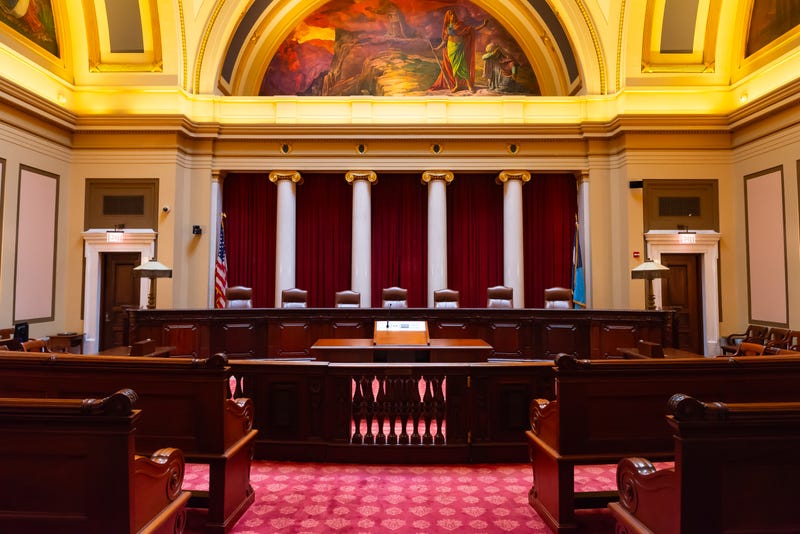
What makes up a quorum? That is the big question the Minnesota Supreme Court must answer as a partisan power struggle has made its way all the way to the state's highest court Thursday.
The Supreme Court will hear arguments about whether or not House Republicans have control, and a quorum, with their 67-66 advantage ahead of a yet-to-be-called special election that could evenly split the chamber.
The Minnesota Supreme Court is holding a hearing Thursday in the hope of answering that question of what makes up a quorum, as the House continues to be a House divided.
Democrats say the number is 68, which is based on a majority of all seats. With one vacancy awaiting a special election, though, Republicans say they can conduct business with just 67 members, which they have.
Hamline Law Professor David Schulz says there are a couple of possibilities for the court.
"That it rules in favor of Democrats," says Schultz. "Possibility two, it rules in favor of Republicans. Possibility three is that after hearing oral arguments, the court decides that this is not a matter for the court to hear, and it says we're just not going to decide this. Send it back to the to the House of Representatives and tell the two sides to go figure it out themselves."
It all comes down to numbers and the interpretation of the Minnesota Constitution.
"What the Democrats are going to argue is that a majority has to be based upon the total legal size of the House of Representatives, which is based on 134," explains Schultz. "Versus what the Republicans are going to argue is that quorum is based on the number of people currently serving."
That number is currently 133 because there's an open seat, waiting for a special election, and giving Republicans the edge.
As for the political fallout of this decision, WCCO Radio political analyst Blois Olson says Democrats could face a tough road ahead if the court rules there is in fact a quorum.
"I think it's really hard for Democrats to come back if they're dealt that defeat by the court," Olson says. "Now, if they rule it's 68, then I think Republicans have to concede that it's 67-67 and they have to work on a power sharing tie."
Olson telling The WCCO Morning News with Vineeta Sawkar that Governor Tim Walz (DFL) is likely waiting to call a special election to fill a vacant House seat until after the court's ruling.
Meanwhile, the House DFL Caucus continues to boycott the start of the session while they demand a power sharing agreement. House GOP leadership have gone so far as to demand law enforcement force them back to the Capitol. Schultz says the court could offer its decision as soon as Friday which could speed the process up.
